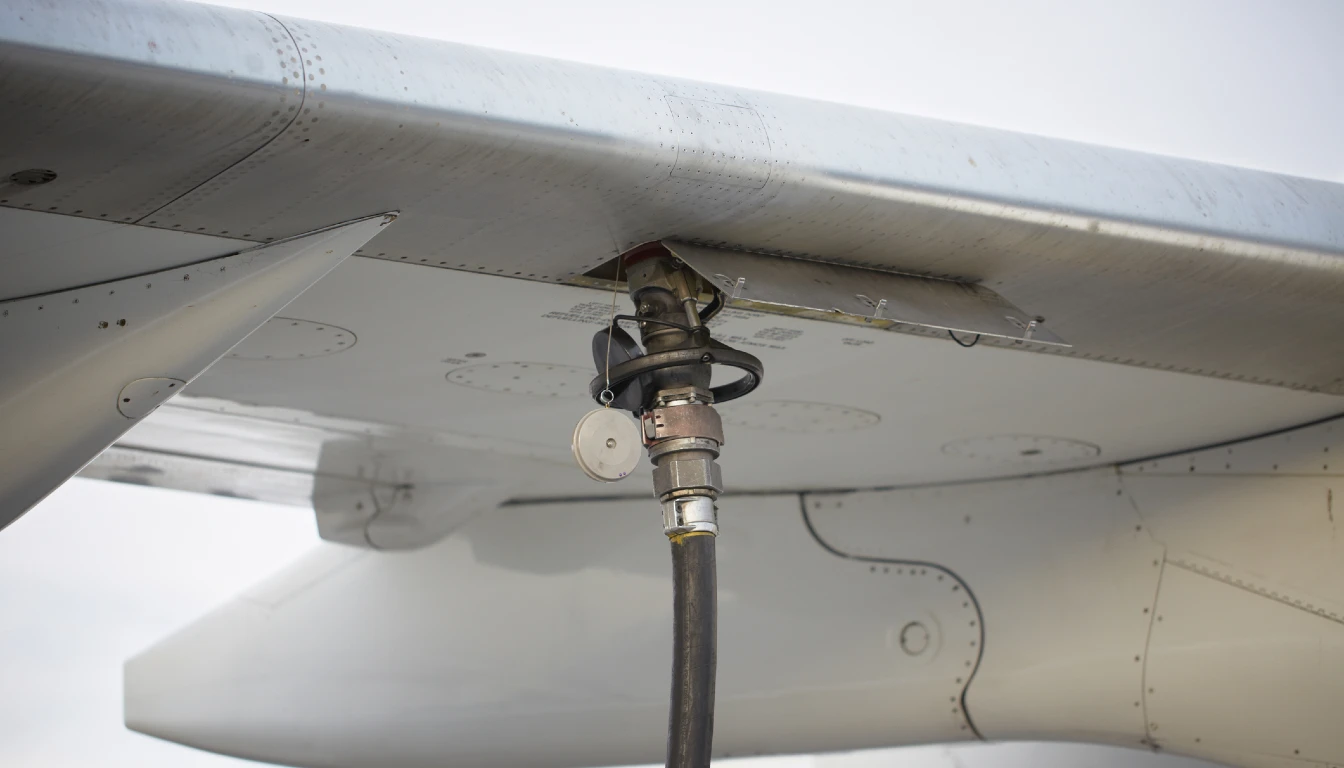Kintetsu World Express, Inc. (KWE), based in Minato-ku, Tokyo, has entered into an agreement with IAG Cargo, a subsidiary of International Airlines Group, to enhance the adoption of sustainable aviation fuel (SAF).
The partnership will see KWE purchasing 640,000 litres of SAF, which is certified by the International Sustainability & Carbon Certification (ISCC). This type of fuel, derived from used cooking oil and food waste, aims to significantly reduce lifecycle emissions by over 90% compared to traditional jet fuels.
This move comes at a critical juncture as the aviation industry is under increasing pressure to mitigate its environmental footprint. Currently, the transport sector contributes approximately 20% of global greenhouse gas emissions, with air freight being a significant contributor. By adopting more sustainable practices, industry leaders like KWE are working towards achieving larger climate goals and reducing Scope 3 emissions, which include indirect emissions that occur in a company’s value chain.
Nobutoshi Torii, President and CEO of KWE, highlighted the urgency of addressing the climate crisis, referencing the natural disasters experienced globally in recent years. “When we see the natural disasters that have occurred around the world in recent times, we can’t help but feel that we are finally approaching a global climate ‘tipping point.’ As a company in the transport sector, we must further accelerate more substantial industry-wide efforts to decarbonize.” Torii noted that SAF represents the most effective method for reducing emissions associated with air freight transport and expressed pride in collaborating with IAG Cargo to pursue these sustainability goals.
On the part of IAG Cargo, Saleem Saeed, Sustainability Manager, echoed similar sentiments about the significance of the agreement. “This marks our first SAF partnership in Asia, and we are delighted to support KWE to address Scope 3 emissions for their supply chain. We are committed to minimizing our environmental impact and contributing to the wider sustainability goals of the air cargo industry. This is a great example of how we can help our customers in their decarbonization efforts.”
IAG Cargo, formed through the merger of British Airways World Cargo and Iberia Cargo in 2011, has since expanded to include Aer Lingus, Vueling, and LEVEL. It now operates a global network that spans six continents and employs over 2,250 people. The parent company, International Airlines Group, counted a fleet of 582 aircraft as of December 2023, underlining its substantial presence in the global aviation industry.
This latest agreement reflects a growing trend across industries to invest in sustainable practices. Governments and organisations worldwide are setting more ambitious targets to reduce carbon footprints, with the aviation sector being a significant area of focus. Sustainable aviation fuel, while more costly than conventional jet fuel, offers a viable solution to reducing the sector’s environmental impact.
Research indicates that the use of SAF could potentially be scaled up, reducing reliance on fossil fuels while supporting waste material valorisation, such as the processing of used cooking oil and food waste. However, wider adoption has been slow due to the higher costs and limited production facilities.
KWE’s decision to invest heavily in SAF could be seen as both a strategic and ethical move, aligning with a broader shift towards sustainability in corporate practices. It signifies a proactive approach in the industry’s collective effort to address climate change and showcases how collaborative efforts can lead to significant environmental benefits.
While the immediate effects may primarily influence KWE’s supply chain emissions, the longer-term impact could pave the way for more widespread adoption across the industry, potentially stimulating advancements in SAF production technologies and infrastructure.




